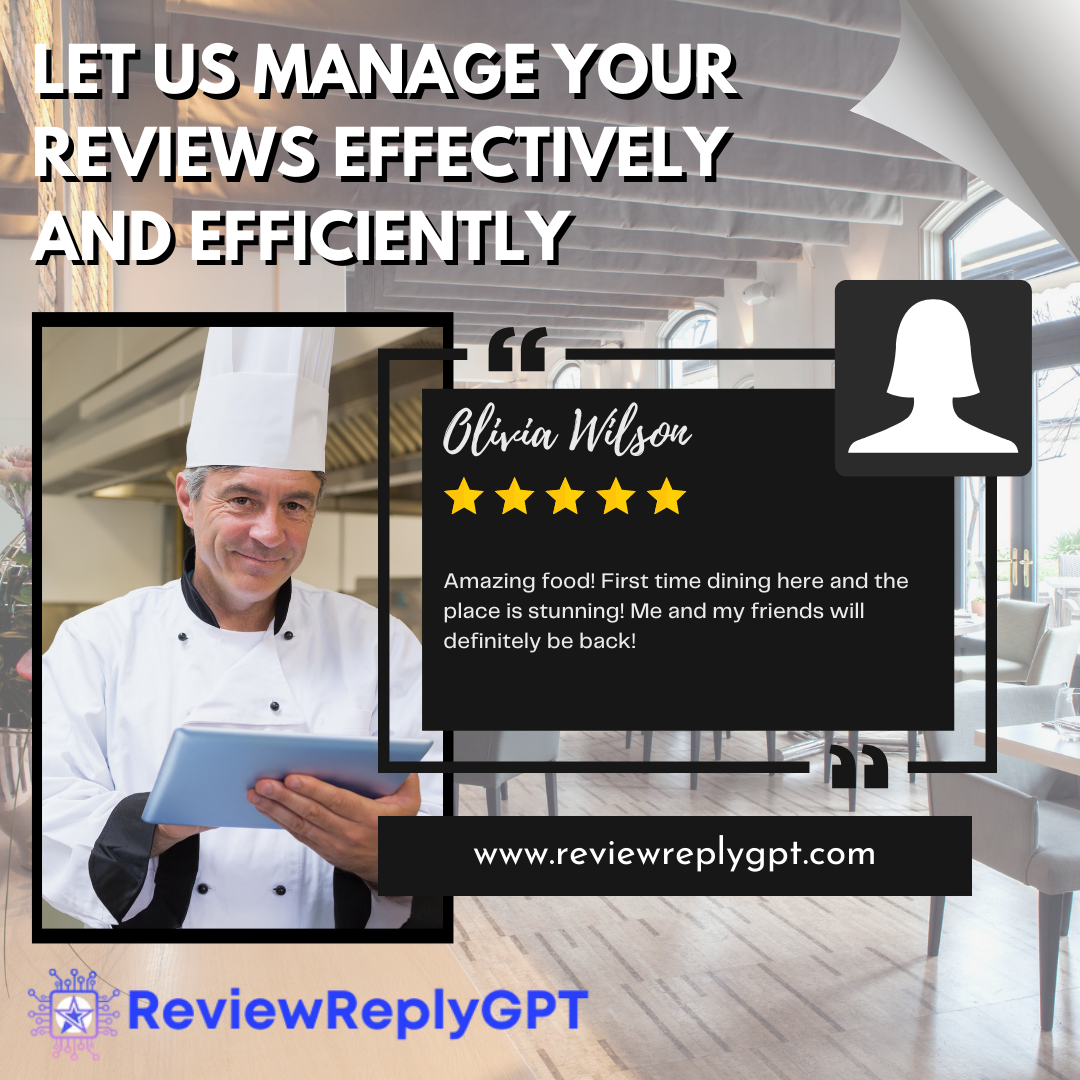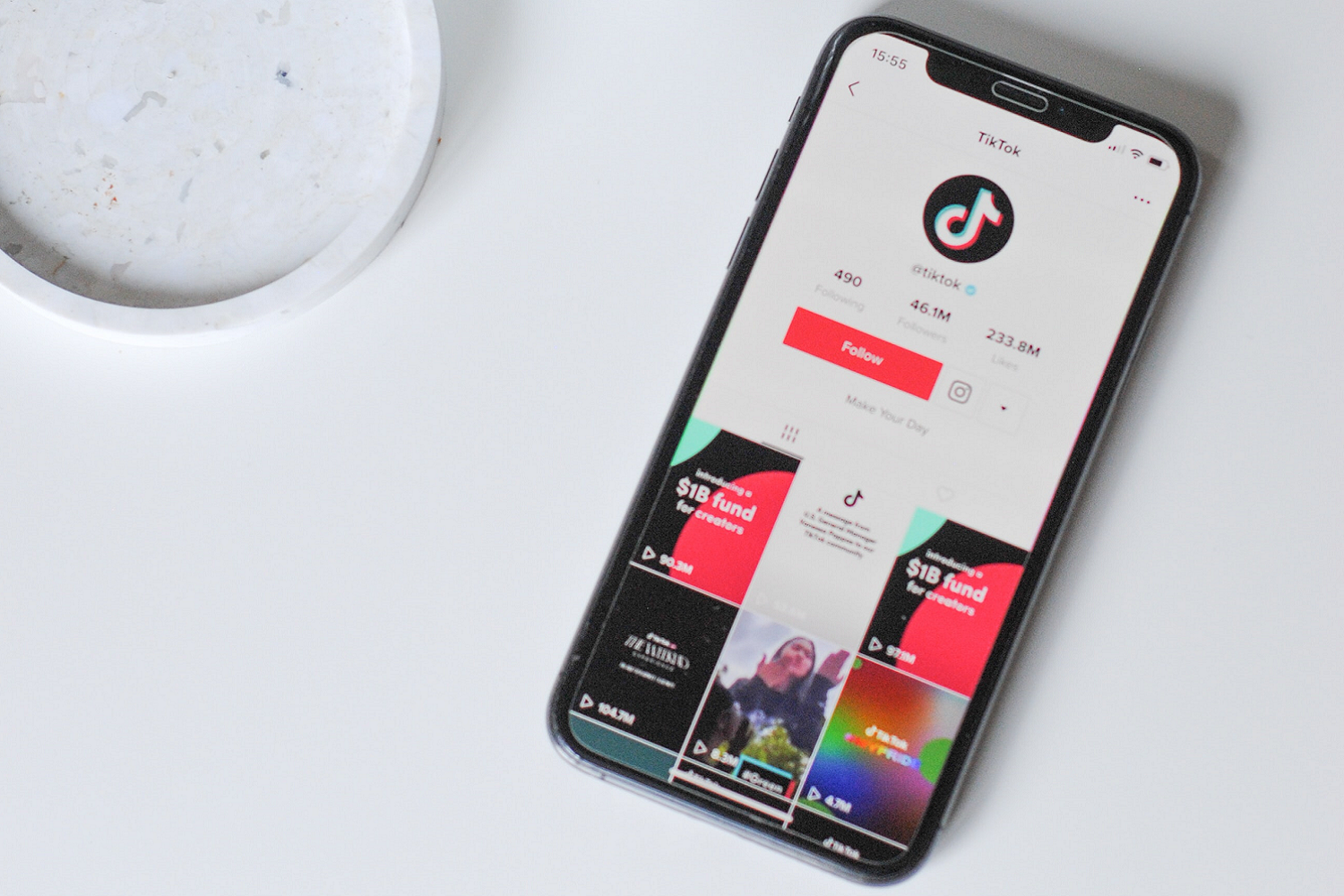Keyword Research to Match the Buyer’s Journey
Keyword research is as old as SEO itself. Search engines use keywords to provide a list of relevant results to the searcher, and as this SEO market expanded, Google brought in an advertising platform that gave businesses a chance to appear on search engine results pages for keywords.
From there, Google offered a tool that enabled businesses to see how many searches occurred for any keyword, eventually giving way to keyword research. This tool is indispensable for business because it came from Google itself and offers additional insights to gain leverage over the competition.
As businesses began using more data for marketing, however, it showed that keywords are useful, but may not always be completely accurate. More software tools emerged to provide additional keyword insights, giving marketers more opportunities than ever to use keywords to their advantage.
Unfortunately, historical keyword research has a few problems:
●SEO is focused on the decision stage of the buyer’s journey, and not the whole process.
●SEO is focused on keywords alone, and not on categories or topics.
These two issues are being addressed as marketers focus on topics more than keywords, but that’s only part of the whole picture. Optimizing keywords to align with each stage of the buyer’s journey is the key, which we’ll cover here.
What Is the Buyer’s Journey?
The buyer’s journey refers to a framework that acknowledges the buyer’s progression through the research and decision process, which ultimately ends in a purchase. This concept isn’t new, but it’s evolved over the years with new technology and marketing insights.
There are three stages to the buyer’s journey:
●Awareness: The buyer is experiencing and expressing a problem and conducting research to understand, frame, and name the problem. This stage involves question-based searches that center around the problem.
●Consideration: The buyer has identified the problem and is investigating the available options to solve the problem.
●Decision: The buyer has developed a solution strategy and compiled a list of products or services to address the problem. They are narrowing down the possibilities to come to an ultimate purchase decision.
Most marketers focus only on the decision stage, but there are opportunities at each stage of this process.
Buyer Personas
A map of your ideal buyer is vital, since it’s the only way to truly understand your buyer’s journey. You should understand their needs and problems, which will ultimately drive them toward your solution.
This can be done a number of ways:
●Website and social media data: Your analytics should give you key data points about your audience. You can find everything from your audience’s demographics to the type of content they engage with most.
●Surveys and feedback: The best way to get insight into your ideal buyer is by speaking with them directly. This can be done through polls, surveys, feedback requests, and other questions regarding their buying behavior at each stage of the buying journey.
This information allows you to connect the dots and create accurate buyer personas and mapping of the buyer’s journey.
Shifting From Keywords to Topics
Much of the SEO community has begun shifting from keywords to topics already. This comes in the form of long-form content that connects to other content across sections, providing a comprehensive overview of the broad topic. This approach addresses the new way that search engines are interpreting content.
For the purposes of this discussion, these long-form content pages typically target the short-tail keywords that have a higher search volume, ultimately addressing the awareness or consideration stages. Key decision-stage pages are narrow content.
These can be further subcategorized into pillar, target, and cluster pages:
●Pillar page: This page covers the broad topic on a single page, with smaller cluster pages that link to it. This is focused on the awareness or consideration stage.
●Target page: This page has a keyword or phrase linked to a specific product or service page. This is focused on the decision stage.
●Cluster page: This page gives more detail about long-tail keywords related to the pillar page.
Putting It Together
The process to put all these pages together is simple. It begins like any other keyword research task, which is based on the keywords that a business is looking to rank for, and provides a starting point for what a prospective customer will search.
From there, you can begin to consider keywords outside of the obvious, such as synonyms and colloquial terms. This is the time to use keyword research tools, such as Google Ads, or consult customers about terms they may use to find a product.
Once this list is expanded, it can be narrowed down for better targeting. Irrelevant keywords can be filtered out, then relevant keywords can be sorted by topic and buying intent. For this part, be sure to put yourself in the shoes of the customer and consider what they would search to address a problem, as well as what keywords show intent to purchase.
This is when the stages of the buyer’s journey come in. Keywords should be categorized to each stage, using your judgement about what you believe the buyer is looking for. Categorizing is important, because it provides you with framework for what type of content is appropriate for certain phrases or keywords.
You’ll often distinguish patterns in the keywords along the buyer’s journey. Words like “cost” or “price” are usually found in the decision stage, whereas “how to” will be the awareness stage. These patterns will help you streamline your content planning.
Here are some examples of keywords at the awareness stage:
●Fix.
●Problem.
●Troubleshoot.
●Upgrade.
●Optimize.
●Prevent.
Here are some examples of keywords at the consideration stage:
●Provider.
●Solution.
●Supplier.
●Vendor.
●Comparisons.
●Software.
●Features.
Here are some examples of keywords at the decision stage:
●Pros and cons.
●Benchmarks.
●Reviews.
●Ratings.
●Pricing.
Once this is complete, you can group your keywords into pillar page, target page, and cluster page. This gives you insight into what type of content should be used, based on how competitive a term is, what the search volume is, what stage the buyer is in, and how profitable a keyword might be.
This information not only informs your current content, but it also helps you fill gaps in existing content. Check that the topics haven’t been covered before, and look for gaps resulting from keyword searches that aren’t currently being targeted.
Moving Forward
Traditional keyword research isn’t successful because most marketers only consider volume and competition. They tend to go for the terms with the highest traffic, but traffic doesn’t necessarily indicate buyers. In many cases, traffic indicates users looking for information about their problem, but are still weeks or months away from searching for a specific solution to that problem.
Because of this, current keyword research is a nuanced process that considers the needs of the buyer above all else. Used properly, keyword research can drive your content strategy to generate leads and convert customers, provided you address their needs throughout each stage.
Are you looking for help navigating the ever complicated digital marketing space? We can help!
The Harvest














